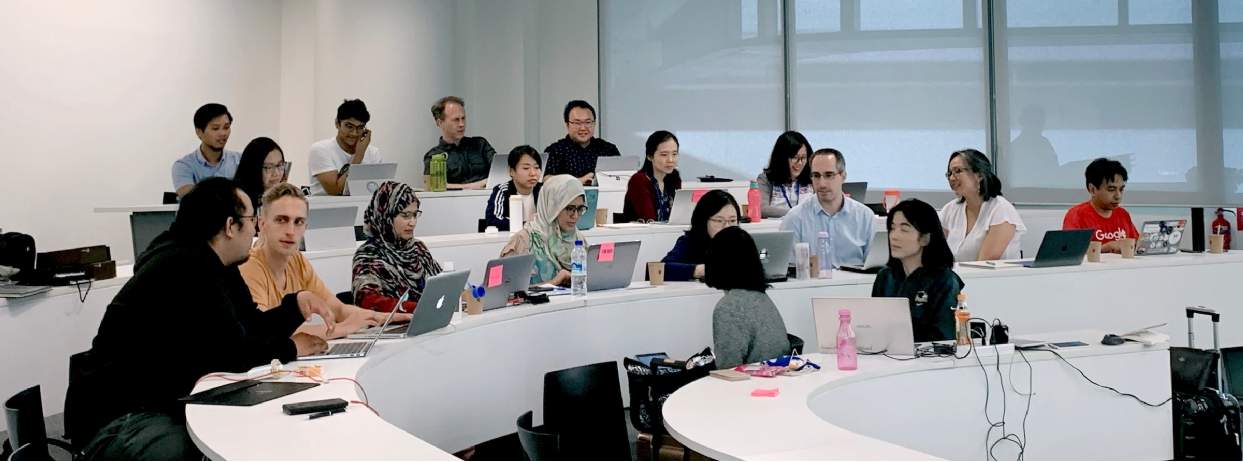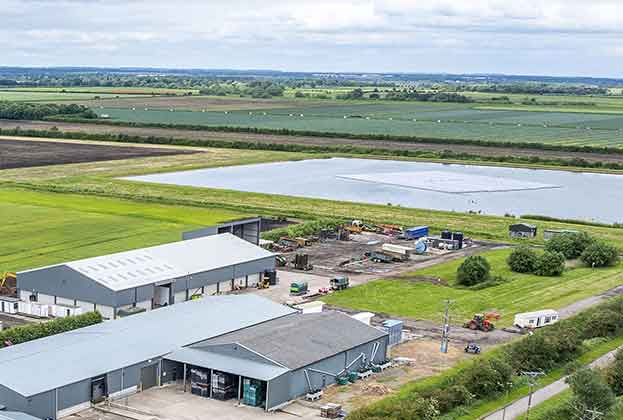The UK Government has committed to delivering a net zero economy by 2050, but this requires a broad range of green skills and knowledge to upskill across the industry, through professional bodies and universities, apprenticeships and training.
Skills shortage
Reading any report on the construction industry highlights that its greatest challenge is a lack of skills and expertise in decarbonising our buildings. In 2021, the Construction Industry Training Board surveyed UK employers across the construction industry: 34 per cent reported they experienced skills gaps, a significant increase from 14 per cent in 2018. The International Energy Agency estimates that 14 million jobs (including 117,000 in the UK) will have to be filled by 2030 to maintain and meet the world’s growing green energy infrastructure demands.
We need cleaner, greener energy to power our buildings and transport, and more energy efficient buildings. Our renewable energy capacity must be significantly increased requiring skilled workers, whether that be engineers to install heat pumps, insulation or solar panels. The UK’s largest professional membership bodies, including the RICS, RTPI and RIBA, are just some organisations offering, and requiring members to enrol on, continuing professional development courses in subjects relating to environmental sustainability.
However, interest in the field is not the preserve of these organisations, with recruitment of sustainability specialists and professionals with sustainability experience, in high demand. Within UK architecture practices, a jump in advertisements seeking to recruit these skills in-house was sparked by the launch of Architects Declare, a network of architectural firms that have pledged to help tackle global climate and biodiversity emergencies; a movement that has since been replicated across other sectors and countries.
Education
Ahead of their professional lives, students are demanding greater focus on environmental issues in their studies, influenced by conversations around them and climate protest groups, including Extinction Rebellion and and Greta Thunberg’s Fridays for Future movement. For those on the apprenticeship route, their practice environment allows them to reflect on projects they’re involved in. For all students, education provides them with the space and skills to critically examine and develop their knowledge.
As part of the global youth protest movement End Fossil Occupy, University of Barcelona students held a sit in demanding a 'commitment to create a new subject on ecological emergency adaptable to any degree'. Supported by more than 200 academics, the University agreed, making sustainability modules mandatory on all courses, and inspiring similar demands at universities across Spain.
Even younger school students have an increased awareness of the climate and our impact on it. In 2021, Global Action Plan surveyed almost one thousand children and found that 89 per cent of those aged seven to 18 said caring for the natural world was ‘quite’ or ‘very important’ to them. The UK Government’s 2022 Sustainability and Climate Change policy paper sets out changes both to the curriculum and teacher training to address this need, reflecting UNESCO’s Education for Sustainable Development roadmap.
Capitalising on this interest is key to addressing the future skills gap. However, with the impact of climate change worsening year by year, forthcoming standards and legislative deadlines, and client demands for advice and net zero pathways, the existing workforce requires upskilling. The British Association of Construction Heads estimates that 234,300 roles in London in 2020 were classified as green jobs and that that will need to increase to over a million by 2050.
The UK needs to invest in skills for its green economy, creating a diverse range of skilled workers for us to achieve our net zero ambitions. Without a plan in place the UK could fall short of its climate targets.
Further information
How can higher education institutions reach their net zero ambitions?

.jpg)







.jpg)
.jpg)